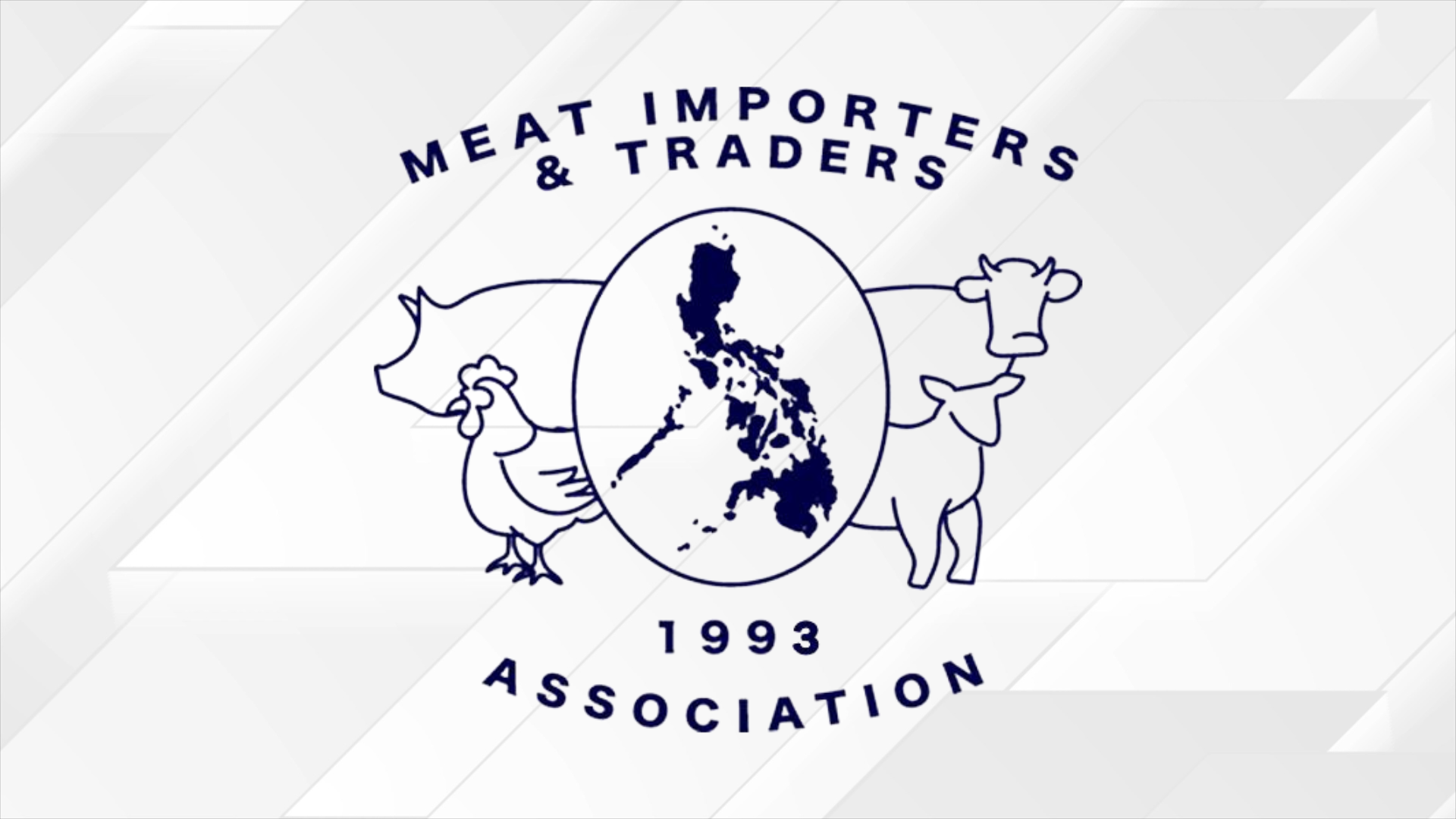MANILA -A local trade association of meat importers and traders is asking the government to relax rules on the importation of meat products, including the requirements on registration, ship-out and arrival dates, and on the declared net weight of the shipments.
The Meat Importers and Traders Association (Mita) said that before the year 2000, the sanitary and phytosanitary import clearance (SPSIC) and the Veterinary Quarantine Clearance (VQC) did not impose some of the requirements that are applied today.
In a letter dated Aug 15, 2023 to the Department of Agriculture’s (DA) Bureau of Animal Industry, the Mita noted what it called a “cumbersome” requirement for importers to register their “importables” individually per source of the imported items.
“As we deal with commodity products, the selfsame item from one (foreign meat establishment) is traded by numerous exporters. A single importer may buy the same item from 10 different exporters,” the association said.
“At the same time, a single (foreign meat establishment) packs dozens of items. One can imagine how all this multiplies and compounds the procedure,” they added.
The trade association also said that the stringent requirements on shipping dates leave them with no recourse when human error occurs.
“If the shipment is shipped one day later than ship-out date, it becomes compromised and may be subject to seizure. As such, everyone is wrapped up looking at dates,” it said.
Further, the Mita said shipments that would not make it to the ship-out date are put on hold pending the issuance of a new SPSIC, which in turn, result in additional costs for them.
“We request that the validity of the SPSIC be made extendable,” the group said.
The group also raised issues on the rules concerning the declared net weight of meat shipments.
“If the net weight exceeds 3 percent of the SPS application, the excess could not clear customs and are left behind. Sometimes, customs would charge the importer with the violation of over-quantity, and some have been suspended,” the group said.
The Mita said that it was a standard practice across all industries to allot a 10 percent discrepancy in total container load, citing that this should be allowed for meat imports as well.


